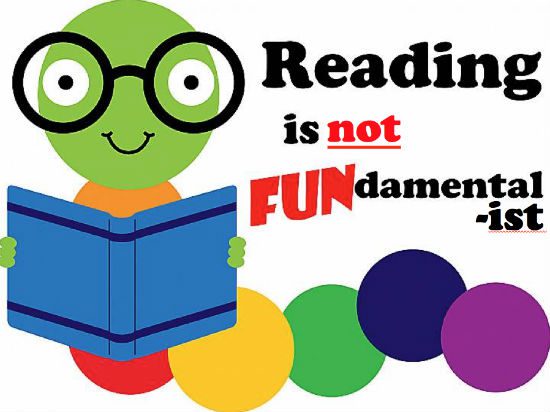The headline from Christianity Today accurately conveys the impetus behind a recent poll, and spins the results accordingly: “500 Years After Reformation, Many Protestants Closer to Catholics than Martin Luther.”
Sarah Eekhof Zylstra summarizes:
In 1517, Martin Luther staked his soul on two revolutionary ideas: sola fide, that justification is dependent on faith alone; and sola scriptura, that Scripture is the only ultimate authority for Christian belief and practice and does not need oversight from church leaders or tradition to be read and understood. … His legacy, 500 years later, is 560 million Protestants across the globe, making up more than a third of the world’s Christians.
But many of them don’t actually agree with him.
Today, half of American Protestants say that both good deeds and faith in God are needed to get into heaven (52%); the same number believe that in addition to the Bible, Christians need guidance from church teachings and traditions, according to two studies released today by the Pew Research Center.
That’s the reporting and headline this poll was designed and intended to produce. It’s a narrative-of-decline trope lazily providing yet another illustration of how far these silly Christians nowadays have fallen from the great heights of the Golden Age. We’ll set a trap and give them a test and then either chuckle or ostentatiously lament their failure to pass it.
Note that this is an oddly anti-wisdom-of-the-laity position for a poll supposedly celebrating the legacy of Protestantism. Setting out to quantify that most believers are somehow unworthy of the priesthood of all believers seems like a strange way to commemorate the 500th anniversary of the Reformation.
In any case, this is nonsense. The poll does not measure what the pollsters think it measures and its findings do not reveal what they imagine.

What this poll shows, instead, is that the pretense of sola scriptura hasn’t really held up very well over the past five centuries. Maybe Luther was able to sustain the illusion that this was what he was doing when he read the Bible, but most Protestants today know better. We’ve had 500 years to test this theory of How to Read a Text and it hasn’t panned out. It turns out that texts and readers do not exist in vacuums, objectively and indifferently encountering one another uninfluenced by culture, history, context, tradition, economics or politics. That has never been true of any text, or of any reader.
So, yes, 500 years ago Martin Luther taught that we must read the Bible as the sole authority for Christian belief without any reference to tradition or history or any of its other readers across the ages, across cultures, across the world. But that didn’t work. That’s an impossible, incoherent approach to any text. It’s not just impractical, but dishonest.
And it’s not simply that we no longer read the Bible this way, but that Luther himself never did either (whether or not that’s what he thought he was doing). No one ever read the Bible this way in the past and no one is reading the Bible this way now.
The respondents actually failing this pop-quiz are the 48 percent of contemporary Bible-readers who claim that their personal interpretation is perfectly clear and wholly untainted by any exposure to “church teachings and traditions.”
As for sola fide 500 years on, well, today’s post from Richard Beck seems pertinent. (One could argue that’s more about the idea of sola gratia, which Pew’s pop-quiz did not address, focusing instead on only two of the five solae. And, yeah, there are FIVE solae, suggesting some Montoyan skepticism about the use of that term.)
… wait for it …
… wait for it …
P.S. Christianity Today does not want you to forget that it is a publication that believes gay and lesbian couples are “destructive to society.”
















